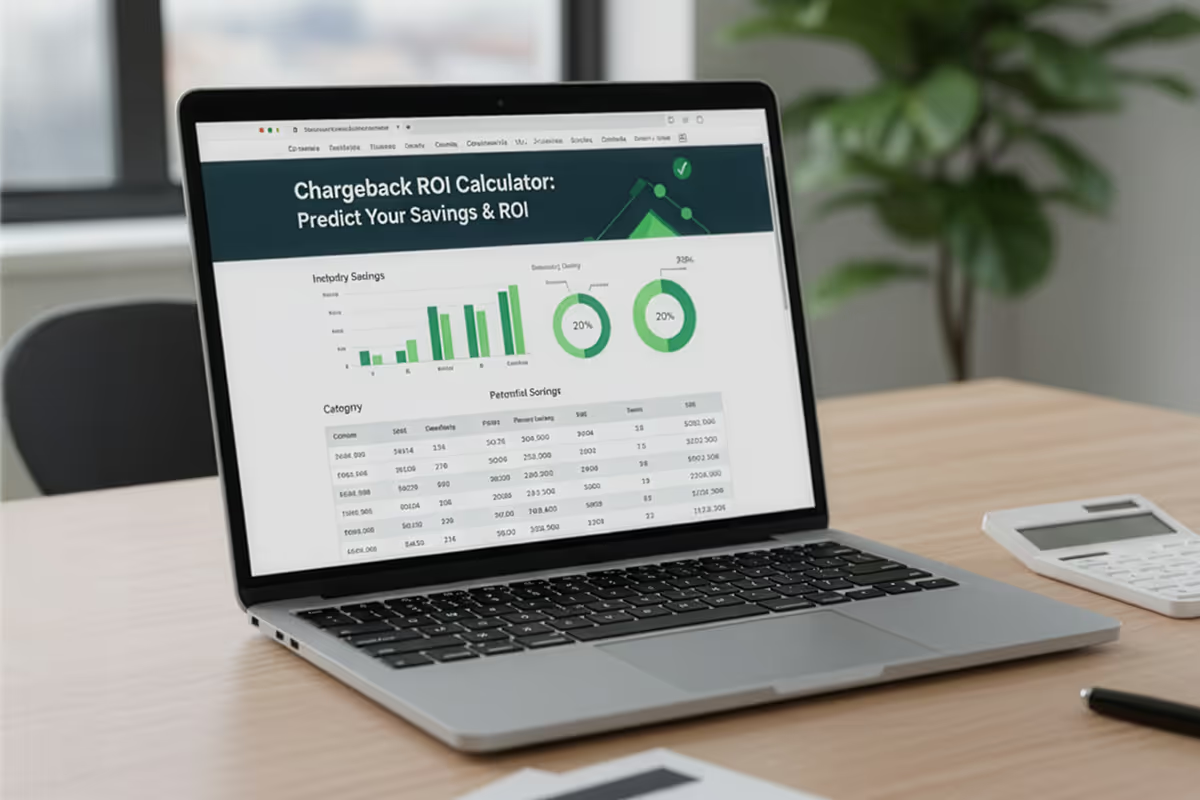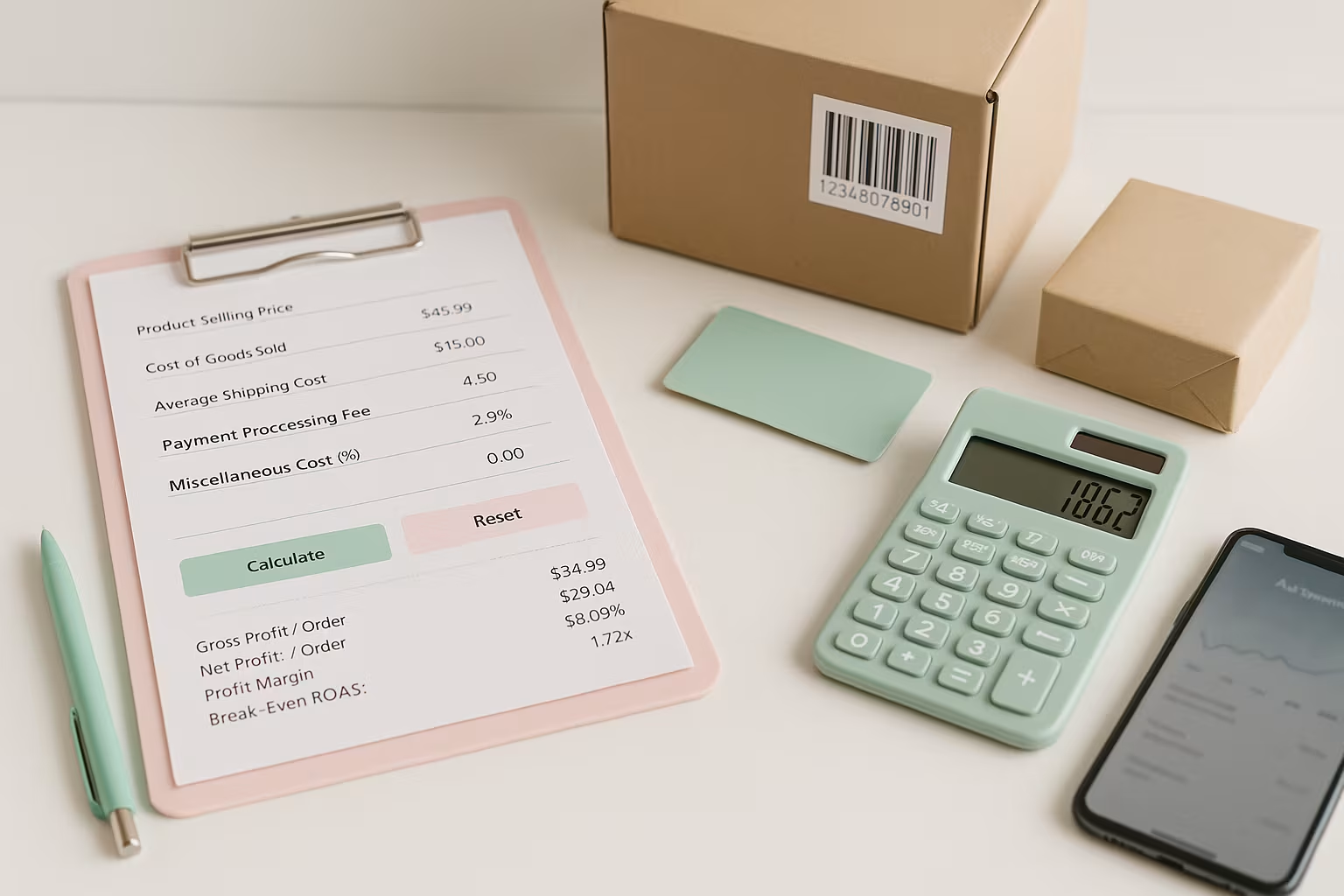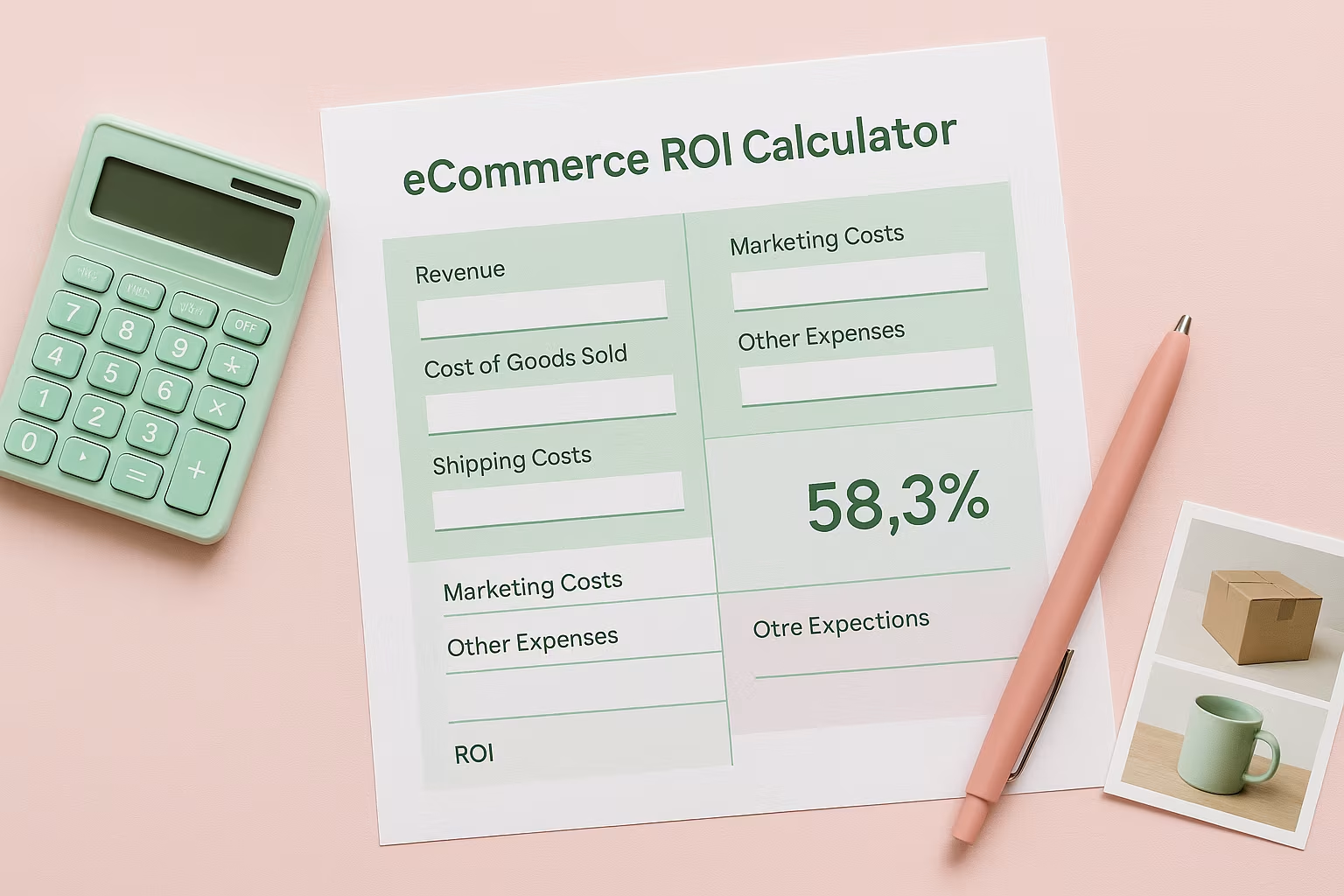.avif)
With an insider's view on the supplement industry, our article details a strategic blueprint to not only start your own brand but also to nurture and expand it. Learn how to safeguard your brand identity and discover innovative methods to promote and elevate your supplement line to its fullest potential.
Key takeaways
- Navigate the essential steps to launching and growing a successful supplement brand;
- Understand the importance of protecting your brand in the competitive wellness industry;
- Discover effective strategies for promoting and expanding your health and wellness product line.
9 key steps to launching your supplement company
Step 1: Dive into what your target audience loves
Start by exploring what’s hot in the supplement world. Which products are health enthusiasts buzzing about? Identify gaps in the market where your products could shine.
If in doubt, the Supliful Roadmap helps you skip the guesswork by providing insights into current market trends and consumer preferences, making it easier to spot opportunities where your supplements could succeed.
Step 2: Define your brand's vision
What’s the "why" behind your supplement company? Define this clearly. Maybe you’re all about organic ingredients or supplements that support night-time recovery.
Tell a compelling story that connects with your target audience on a personal level. This helps in building a brand that people trust and love. Remember to think about securing your brand identity through trademarks to protect your unique elements.
Step 3: Create a catchy brand identity
Choose a name and logo that are not only eye-catching but also tell your brand's story at a glance.
Your choices here should echo the core values of your brand and capture attention in the health market. Also in this step, it's wise to think about trademarking your identity to protect your brand's uniqueness.
Supliful Roadmap can guide you through the trademarking process to make sure your unique brand elements are protected from competitors.
Step 4: Tackle the legalities
Get to grips with the legal side of things. This means making sure you have all the right permits and understand the regulations around selling supplements.
Make sure you’re up to speed with the regulatory requirements for dietary supplements in your target markets, and secure the necessary certifications and licenses to operate both legally and credibly.
If you're looking to Supliful offers guidance on navigating these complex waters smoothly so you can focus more on your product and less on paperwork.
Step 5: Partner up with the best
Time to align with the right partners who will supply ingredients and help manufacture your line.
These relationships are pivotal, so vet potential suppliers and manufacturers thoroughly, considering factors like cost, reliability, and alignment with your vision. Ensure they can also address your packaging requirements efficiently.
Supliful vets suppliers for you, ensuring that they meet your standards for cost, reliability, and quality—so your products do what they promise and keep customers coming back.
Step 6: Establish your manufacturing space–or don't
If making your products in-house, setting up a facility becomes a priority. Choose a location that supports your operations, equip it with the necessary tools, and staff it with a team dedicated to manufacturing excellence. Incorporate strict quality control to maintain product standards.
Alternatively, use Supliful’s solutions to cut down on overhead costs and streamline production, allowing you to get your products to market faster without compromising on quality.
Step 7: Design packaging that speaks to your customers
Your vitamins' packaging isn't just a container—it's a communication tool. Make it pop!
Decide on the packaging type that suits your supplement line, balancing attractiveness with cost-effectiveness. All labels should adhere to health regulations while also appealing to your audience visually.
Supliful's label design add-on helps design packaging that’s not just beautiful but also practical and regulatory-compliant, making sure your products leave a lasting impression.
Step 8: Price it right
Pricing can make or break your supplement brand. Reflect on aspects like production costs, competitor pricing, and what your audience is willing to pay.
Look at competitor pricingto help you find the sweet spot for your supplements, ensuring they’re attractive to buyers and beneficial for your bottom line.
Step 9: Plan your products journey to customers
Lastly, consider how you'll get your products into the hands of consumers. Will you go direct to consumer via an online storefront, or form partnerships with local health shops and fitness centers? Think about logistics from shipping to inventory management to ensure a smooth distribution process.
By using Supliful’s comprehensive services, you're not just launching a product; you're creating a brand that’s equipped for success from day one. Our tailored support helps you focus on what really matters—growing your business and connecting with your customers.
Things to keep in mind when launching your own supplements
Trademark registration
When registering trademarks, think of it as planting your brand's flag. This isn’t just a legal formality—it’s about making your mark in the industry.
Be proactive by continuously monitoring the market for potential infringements and educate your team on the importance of your brand's intellectual property.
Combat infringement
Stay ahead of copycats by establishing a robust monitoring system.
Use tools like Google Alerts and social media scans to keep tabs on unauthorized uses of your branding. If infringement happens, address it swiftly and decisively with the help of legal experts to protect your market presence.
Quality assurance
Don't just offer products; offer a promise of quality and purity. Use transparency as a tool—publish detailed sourcing information and the benefits of your exclusive (like organic and vegan) offerings. Let your customers know exactly why your products are superior, creating a narrative around the quality they can trust.
Customer care
Transform customer service into customer connection. Go beyond answering queries; educate your customers about the nutritional benefits of your products and the stories behind them.
Create a community around your brand by initiating discussions and sharing insights that add value to their lifestyle.
Expanding your supplement venture
New products
When expanding your product line, try to think outside the box. With on-demand solutions like Supliful, you're also more flexible to dive into trends quicker, and if they don't work out for your brand, you're not left with unsold inventory.
Involve your community in the product development process through surveys and beta testing to create solutions that truly resonate with their needs.
Distribution
Diversify how you reach your customers. Apart from traditional online and retail channels, explore subscription services or even pop-up events that can provide hands-on experiences with your products.
Collaborate with wellness centers and yoga studios to offer your products where your target customers are most engaged.
Staying ahead of the competition
Stay on the pulse of the supplement industry not just by following trends but by anticipating them.
Attend industry conferences, participate in forums, and read the latest research to stay ahead. This knowledge will allow you to adapt quickly and keep your products relevant and desirable.
Strategy
Revise your business plan annually (or even more often) to reflect new insights and goals.
Use this as a dynamic blueprint that guides your business through scaling challenges. Regular updates will help you stay aligned with your long-term vision and ensure that your strategic actions lead to sustainable growth.
FAQ
Yes, to sell supplements in the US, you must obtain appropriate licensing and comply with FDA regulations and any other relevant legal requirements.
Starting a vitamin business requires several key permits, which typically include a manufacturing license, distribution permit, and retail permits. The exact requirements can vary based on your location and business scope.
The startup costs for a supplement line can vary widely but generally involve significant investment in product development, production, and packaging. A hassle-free alternative is to partner with an on-demand service that handles sourcing, handling, and shipping, leaving you to focus on marketing.
The supplement industry is expanding, with significant growth in areas such as personalized nutrition, plant-based, and organic supplements. Understanding your niche is crucial for tapping into specific market demands.
Your business plan should detail your company's overview, market analysis, organizational structure, product line, marketing strategies, financial projections, and, if applicable, funding requests to successfully launch and grow your supplement business.
Related blogs

Price Elasticity Of Demand Calculator: Predict Revenue Impact in Seconds

Chargeback ROI Calculator: Predict Your Savings and ROI in Under 10 Seconds

Break-Even ROAS Calculator: Find Out What You Can Afford to Spend on Ads


